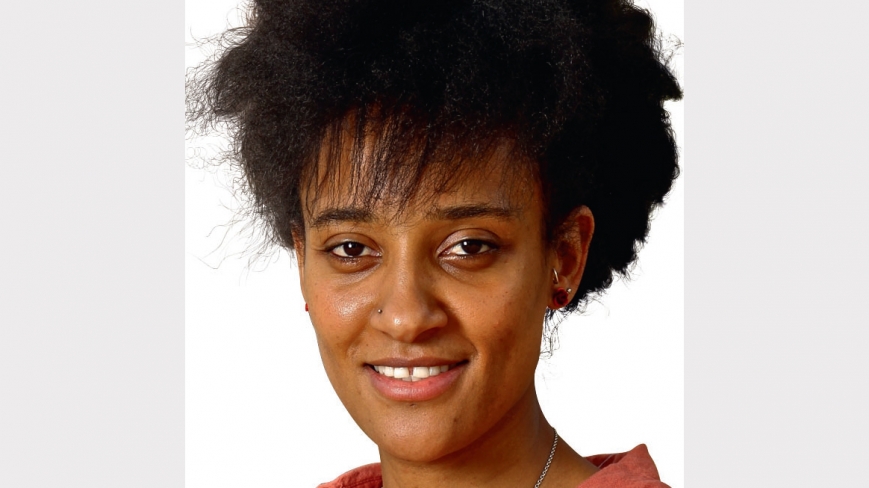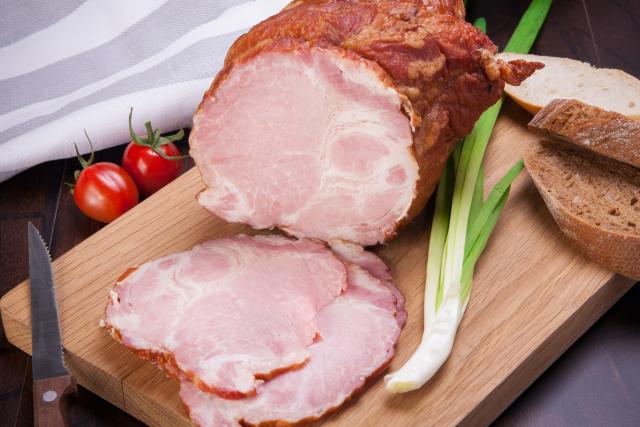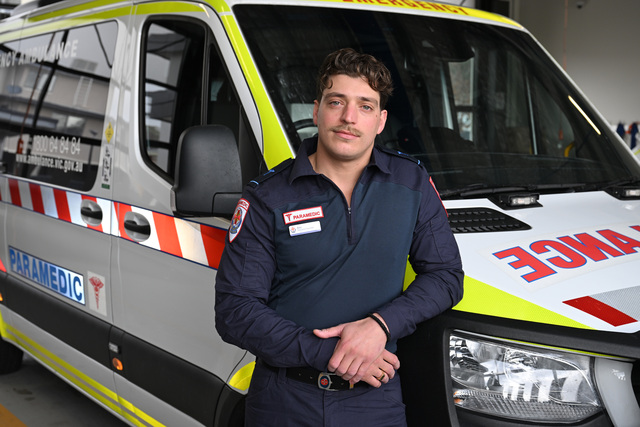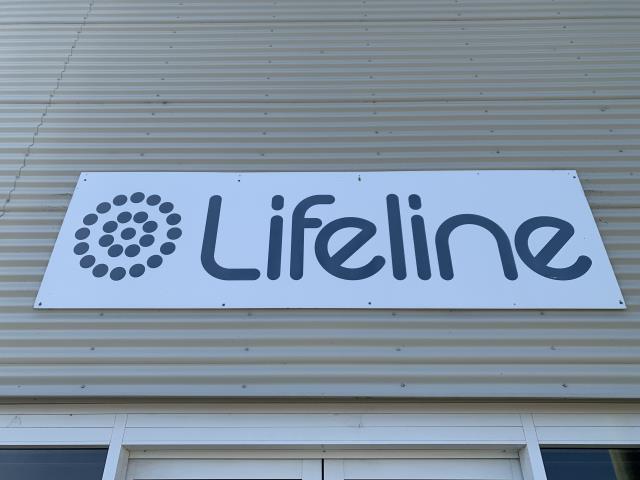Sofia Todorova heads an animal rights group at La Trobe University that helped save 20 lambs used in a nutrition experiment.
“I’ve always been perplexed by society’s apathy about non-human animals. Their plight is colossal and, to an equal extent, it is ignored. Despite superior evidence to the contrary, humanity continues to deem maltreatment of animals as ethical and “humane”.
Animals are prejudiced in manners akin to sexism, racism, women’s oppression and all forms of discrimination. They are considered property and are expended, then discarded like disposable units. If applied to humans, these would be considered criminal acts.
In mid-2011, I decided to take action and founded the Non-Human Animal Protection Society (NAPS) at La Trobe University, for animal rights.
Animal rights is different from animal welfare. Animal rights acknowledge the individual, whereas animal welfare seeks “humane” ways to use animals for human benefit.
NAPS began as an idea. It’s astonishing to see it bloom into fruition. A high point was receiving an email from Peter Singer (the Australian moral philosopher, known for his book Animal Liberation), in which he offered congratulations for the 20 Lambs Campaign success. We had lobbied the university — specifically, the Animal Ethics Committee (AEC) — in an effort to save 20 lambs used in a nutrition experiment. The lambs lived in compromised conditions, showed obvious signs of distress, and were ultimately headed for the meat market. Our concerns were ridiculed and hastily dismissed, but eventually the AEC surrendered all 20 lambs to farm animal sanctuary Edgar’s Mission.
NAPS organises speakers, events, vegan bake sales and film screenings. We converse with students about the plight of animals and what individuals can do to help combat it. In 2013, endeavours include having more wildlife signs around university roads and more vegan options at university eateries. We will also try to persuade the university to replace the lamb experiment with non-animal alternatives. There are technologies and sufficient data available to create computer simulations for future experiments.
I acknowledge the size of the battle ahead; animal industries are a lucrative market. My hope is that more people realise the power they each possess and strive for change. In fact, I’m counting on it.







